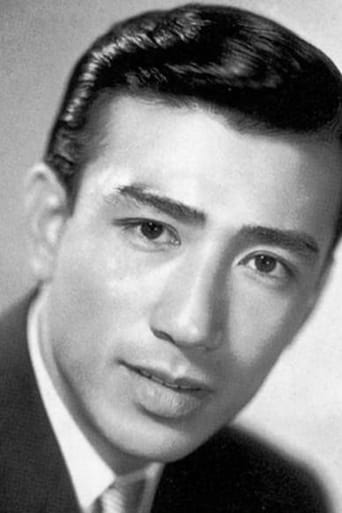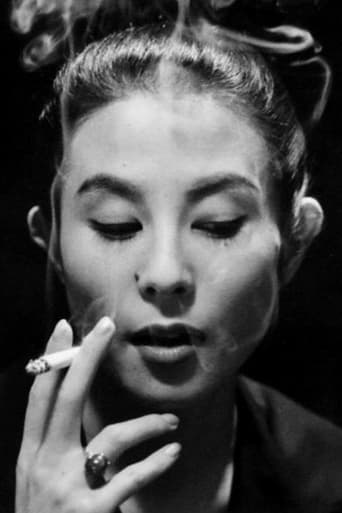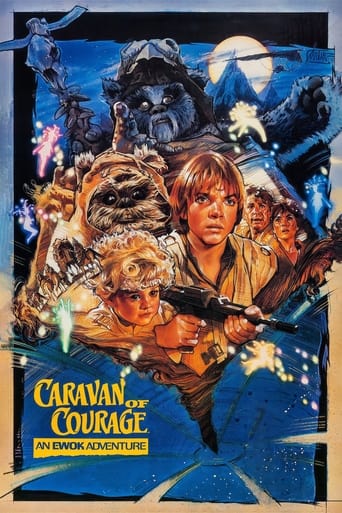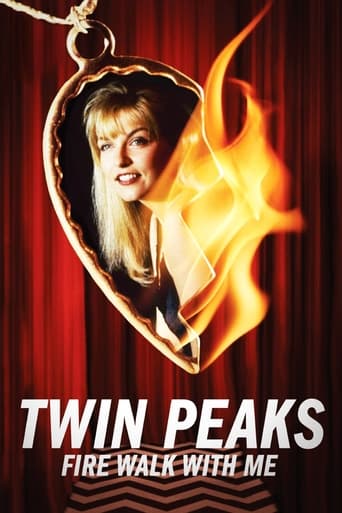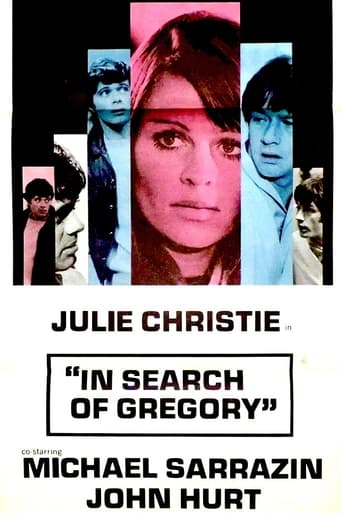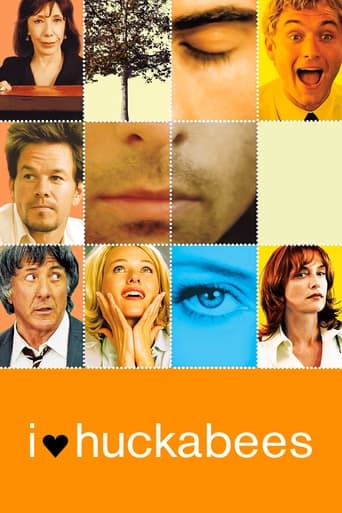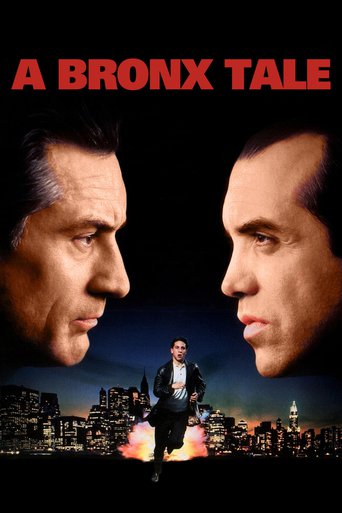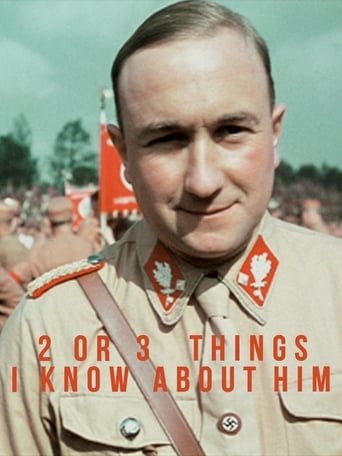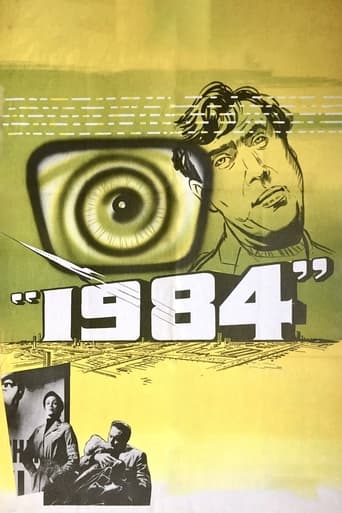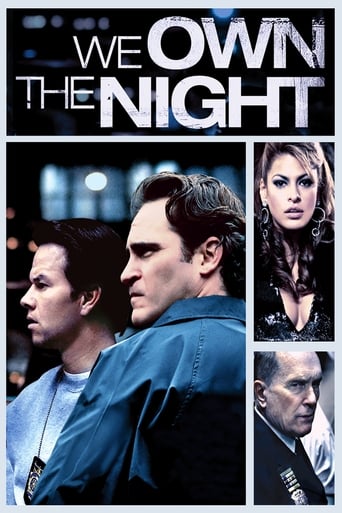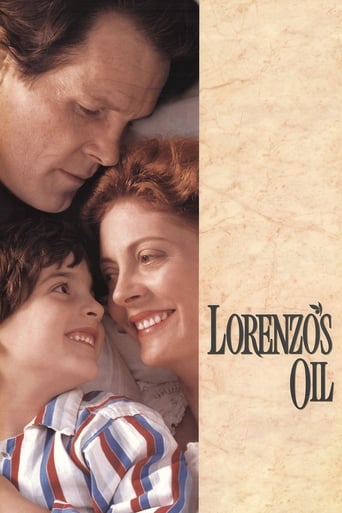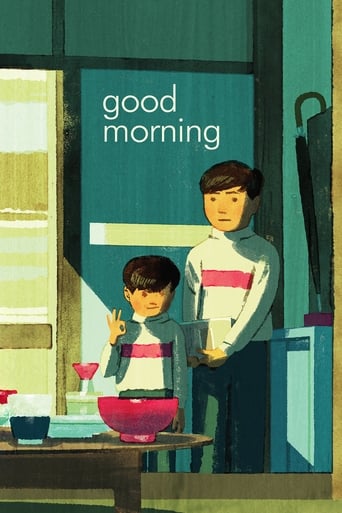
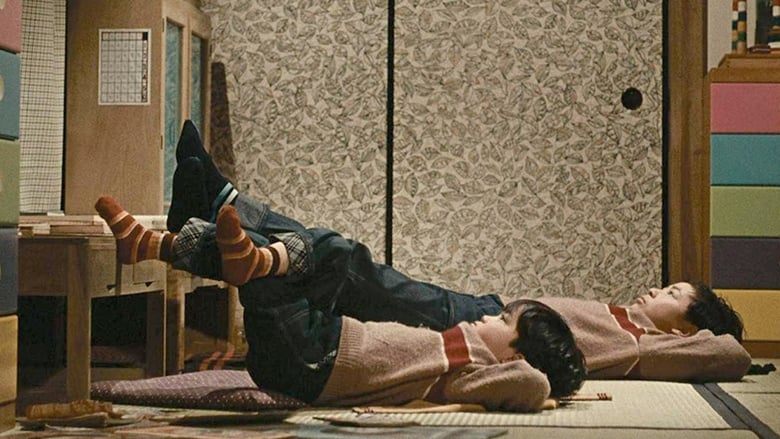
Good Morning (1959)
A lighthearted take on director Yasujiro Ozu’s perennial theme of the challenges of intergenerational relationships, Good Morning tells the story of two young boys who stop speaking in protest after their parents refuse to buy a television set. Ozu weaves a wealth of subtle gags through a family portrait as rich as those of his dramatic films, mocking the foibles of the adult world through the eyes of his child protagonists. Shot in stunning color and set in a suburb of Tokyo where housewives gossip about the neighbors’ new washing machine and unemployed husbands look for work as door-to-door salesmen, this charming comedy refashions Ozu’s own silent classic I Was Born, But . . . to gently satirize consumerism in postwar Japan.
Watch Trailer
Cast


Similar titles
Reviews
This movie is an ode to snotty, spoiled kids everywhere. Kids who make life so uncomfortable for their parents with all their pouting and tantruming that parents will give them just about anything just to get them to behave for half a second. This is an old movie— from 1959—but it just proves that kids have always been little brats. The film is set in small- town Japan. It's one of those little, isolated places that's known for its stereotypically catty, gossipy women, and uninterested, emotionally distant husbands. With all the adults paying attention to their own, petty problems, children are left to run wild. And this story stars a pair of particularly stubborn, yet adorable, little school-aged brothers. These little hellions are used to getting what they want, and this time, their campaign of terror is directed toward forcing their parents to buy one of those new-fangled TV sets. You know, like the one the bachelor next-door, and that loose woman he's shacking up with let them watch after school (gotta love those 1950s morals, don't you?). Well, these boys have learned a thing or two from past experience, so they know that if they hold out long enough, they'll be able to wear down their parents' resolve. It's a war of attrition, and these kids have nothing but time and energy. Plus, they don't have those pesky consciences to make them feel bad about any of this. They're willing to make their parents' lives holy hell until they get that TV set.The film is done in Technicolor so it's got that awesome, retro look. Somehow, that limited color palette breeds nostalgia, making the past seem a little better than it probably really was. Even these little stinkers seem a little bit cute with their self-indulgent antics (for a little while, anyway). But, it's also kinda fun to see what Japan was like in the late 50s. I already had an idea what the United States was like, but I hadn't really seen or learned that much about contemporary culture in other countries. It seems like a lot of the clothing fashions were the same as here in the US. But each country is going to have its own, distinct social structures at play. I'm glad I watched this one. It's not the most amusing movie ever made, and it does stretch pretty long. It claims to run only ninety-three minutes, but it's actually an hour longer, at one-hundred fifty. That's kind of a big problem. But, I think it's still worthwhile.
After directing his most characteristic and famous later films (Early Morning, Late Afternoon, Tokyo Story) - which addressed the same theme with remarkable differences in tone - GOOD MORNING is a pleasing palate freshener. This family drama is also a witty comedy dealing with the miscommunications that complicate modern life.This was Ozu's second color film (after Equinox Flower), but the cheerful music and bright colors make for different effects. GOOD MORNING'S "gas" jokes are gentle and clever (the young boys fart on command, a minor character works for the gas company, while a husband farts in one room, and a wife answers, etc.) The film's famous static shots center around a gleaming refinery. One of the film's delights comes from watching the visual and thematic elements weave together, and so effortlessly that it's thrilling to see it develop. This is my personal favorite Ozu film, if only because it perfectly balances drama and comedy, metaphor and visuals. GOOD MORNING is the kind of movie you can see repeatedly, as there are always new things to discover. It certainly doesn't hurt that it's also a technically refined work, up to Ozu's highest standards.
Ozu's films always balance humour, heartbreak and social comment - in this film the balance is decidedly in favour of humour. Its hard to imagine a slighter story to build a full movie - two little boys who decide not to speak for a few days in a huff over being denied a TV. But Ozu builds a whole world out of this dull little suburb in a Japan just getting on its feet after the war and embracing consumerism as an alternative to..... well, whatever went before.I think only Ozu could make boring mass produced housing look so utterly gorgeous in full colour, and the minor bickering of the household ladies seem so important. He's helped by a fantastic cast, especially the child actors playing the little boys (oddly enough, there doesn't seem to be any little girls in this suburb). The story has layer up layer of irony (aided by numerous fart jokes) built up upon its slight foundations making an utterly fascinating film. As usual with Ozu, he doesn't lecture, although as always his sympathy is slightly tilted to the somewhat bemused father figures. Even the simple ending, a shot of laundry fluttering on a line, seems somehow laden with meaning. The whole film is a pure delight.
In a small community of workers in Japan, two brothers decide to not speak because they want to force their parents to buy a television.With this single storyline, Japanese director Yasujiro Ozu exposes a delightful and critical view of the behavior of the Japanese working class under the American influence in the post-WWII. Once again the major concern of Ozu is with the family and human relationship. The situation of the retired people is magnificently pictured through the desperate men looking for a job; the domination of the USA in Japan is represented through the need of private English classes for the two brothers, and the translation of documents to English; superfluous consume of the American society is represented through the importance of the useless television for the younger generation, while their parents are concerned with have some savings for their retirement. The destructive little gossips, the difficulties of communication, and many other problems of relationship are also shown in this little gem. For movie lovers like me, I regret to inform that this is the first DVD of the great director released in Brazil. Only in festivals, and occasionally in cable television, Brazilians have the chance to see the work of this great director. My vote is eight.Title (Brazil): "Bom Dia" ("Good Morning")


